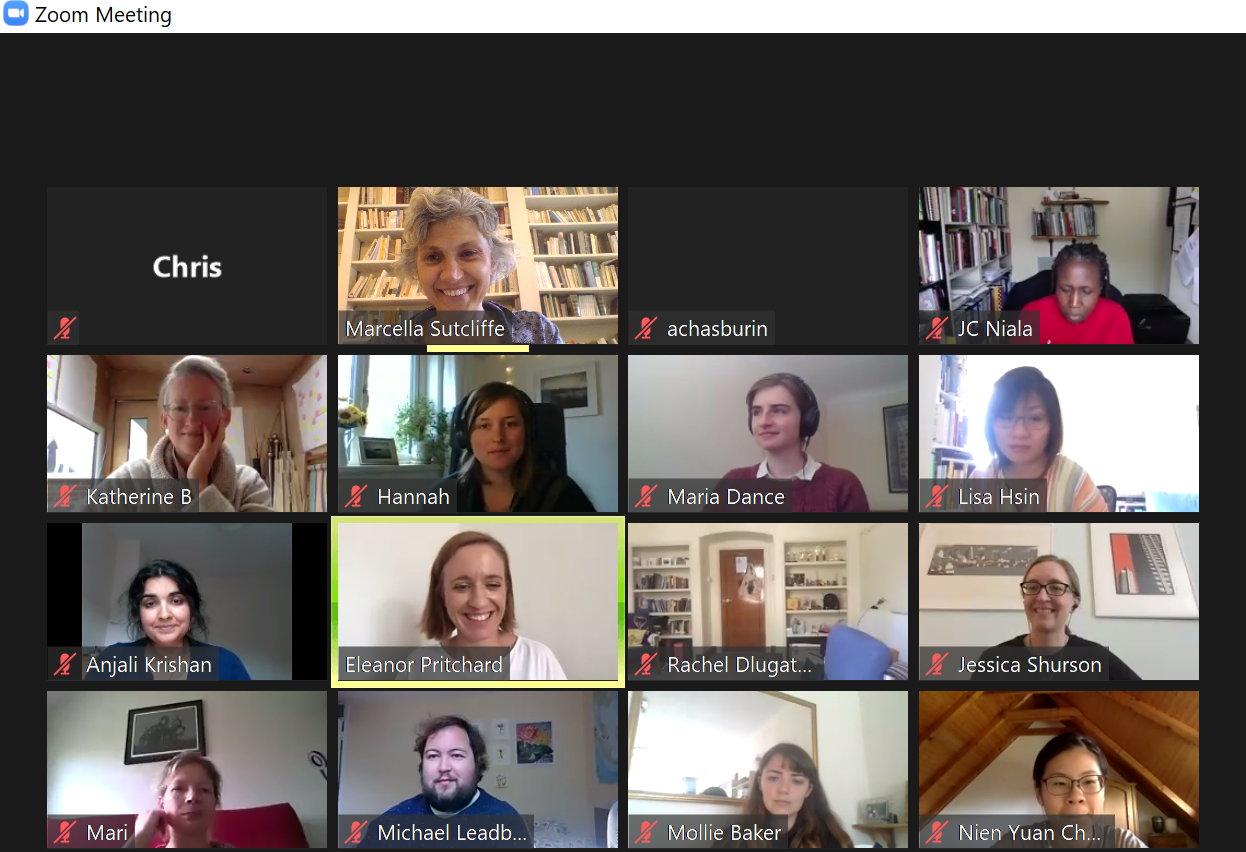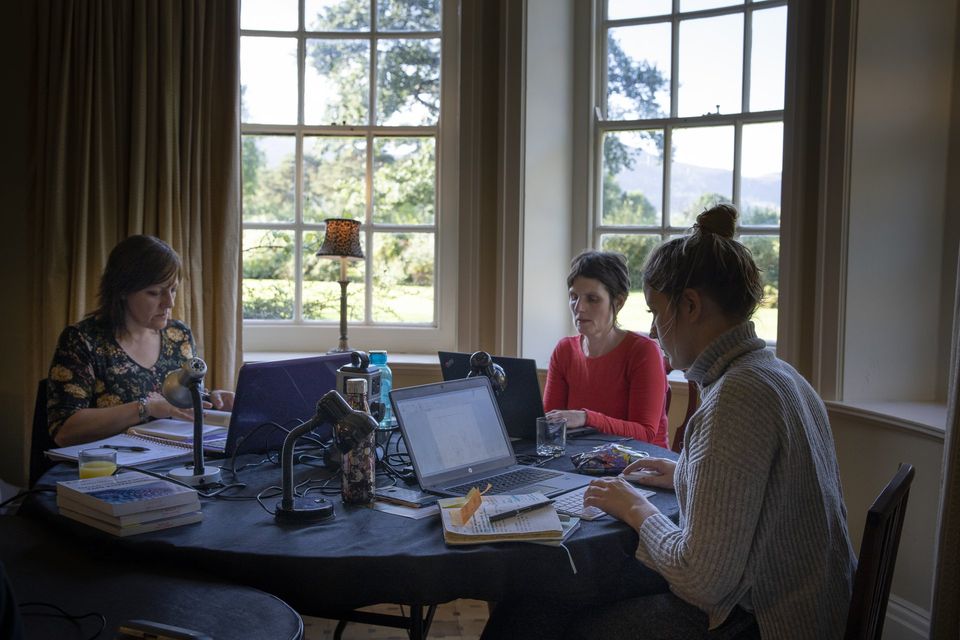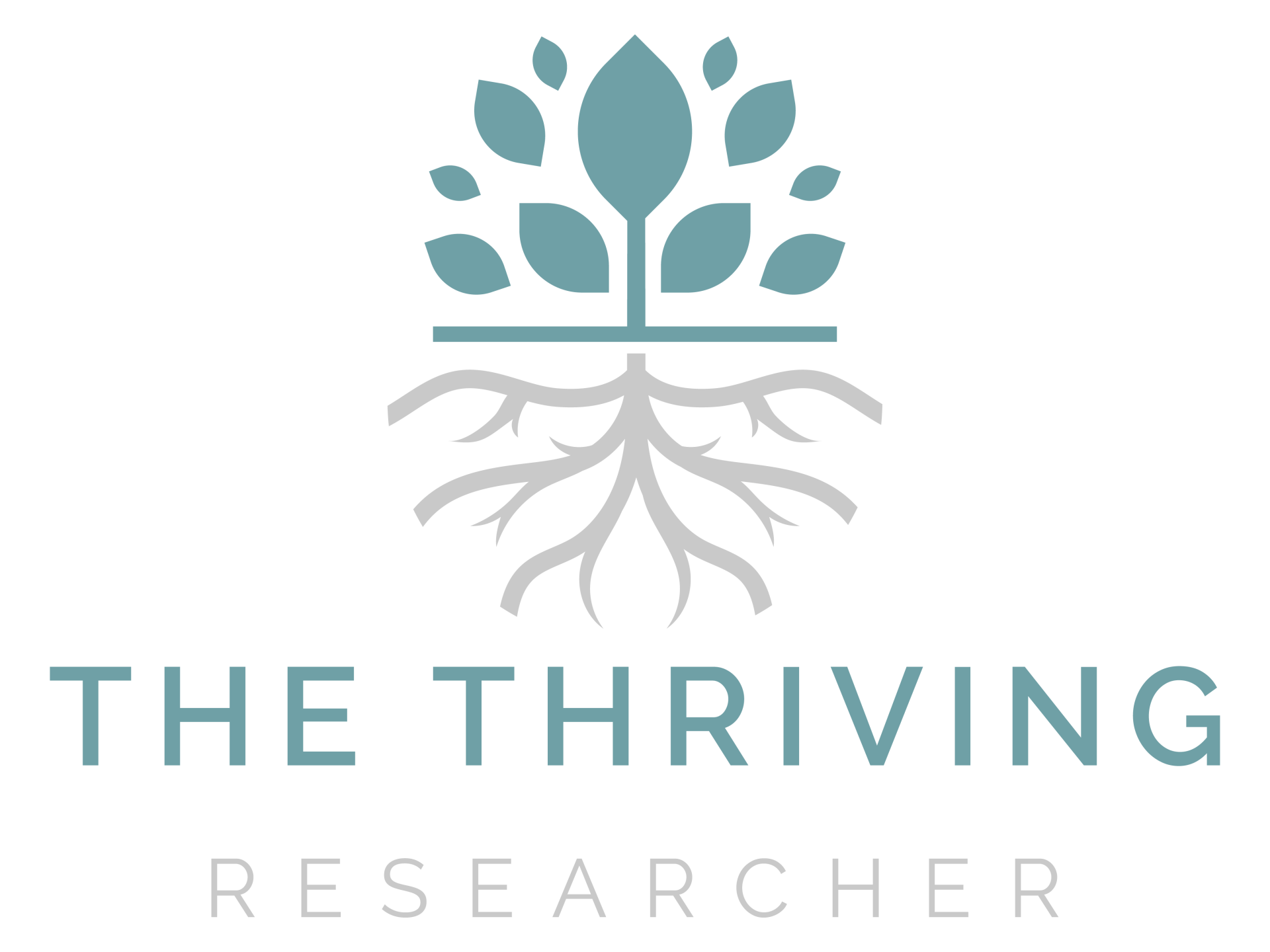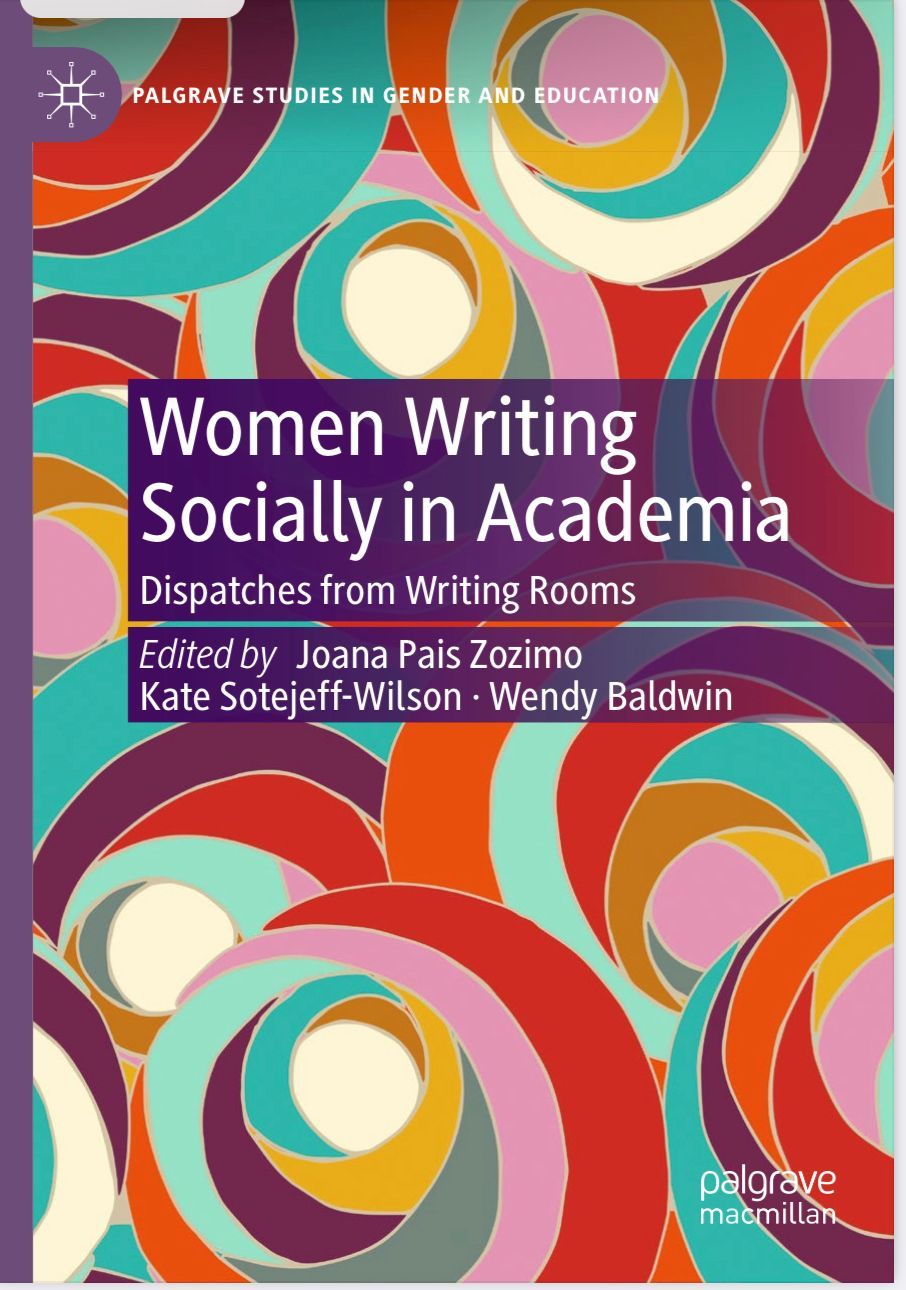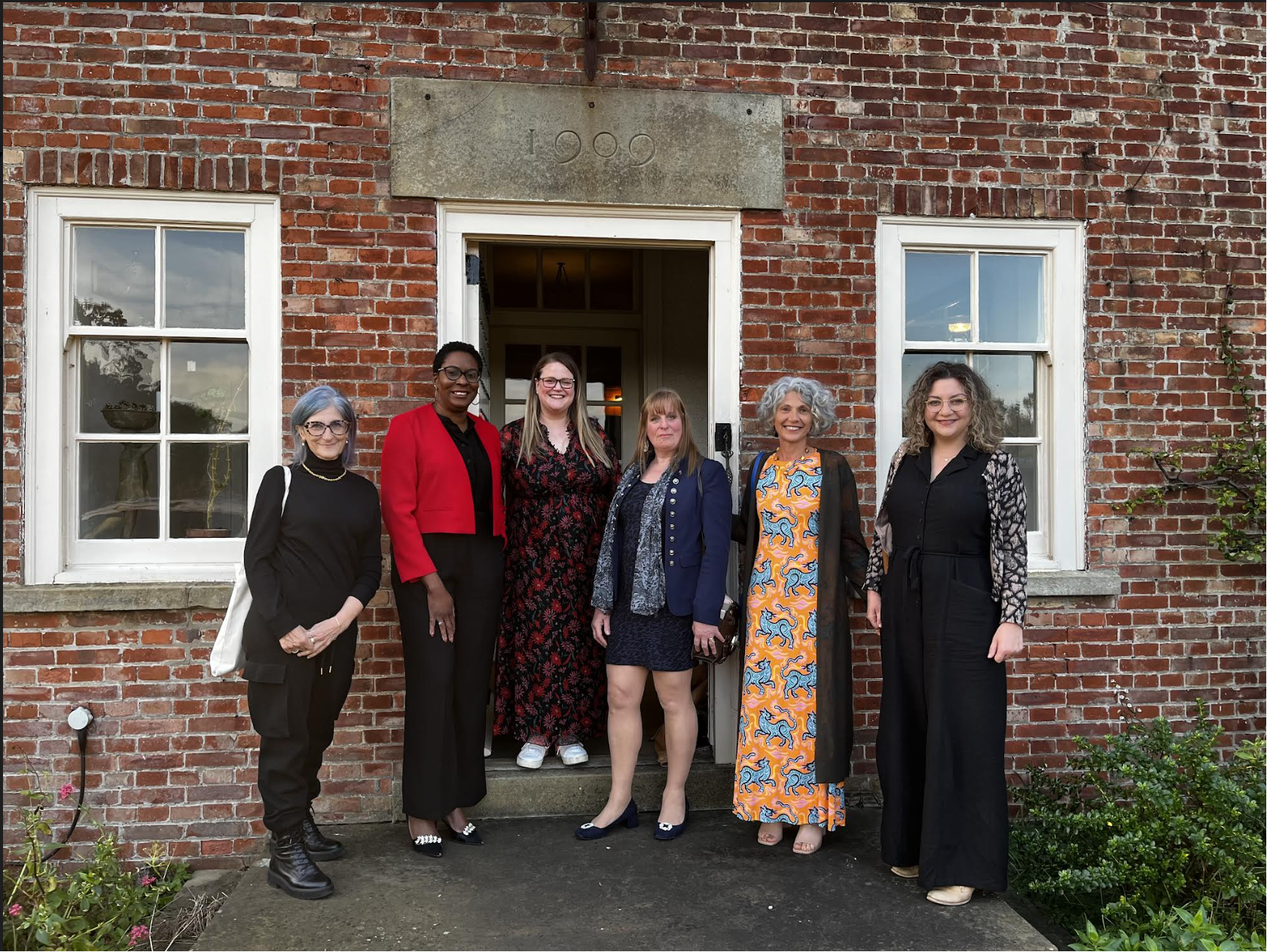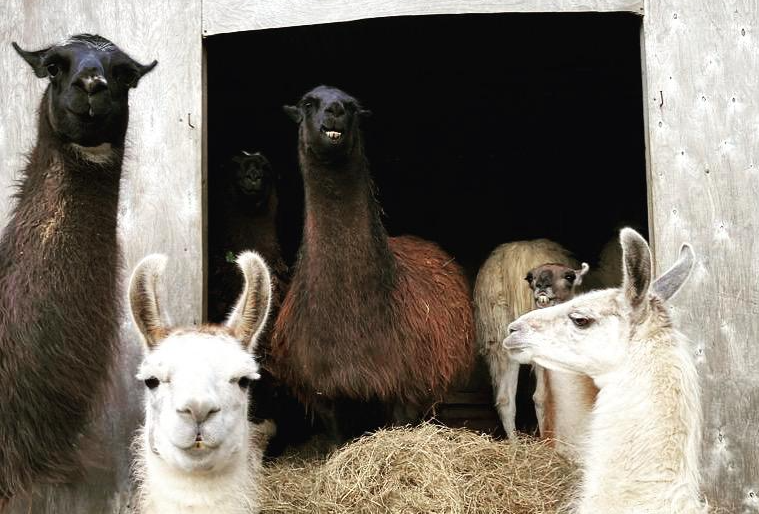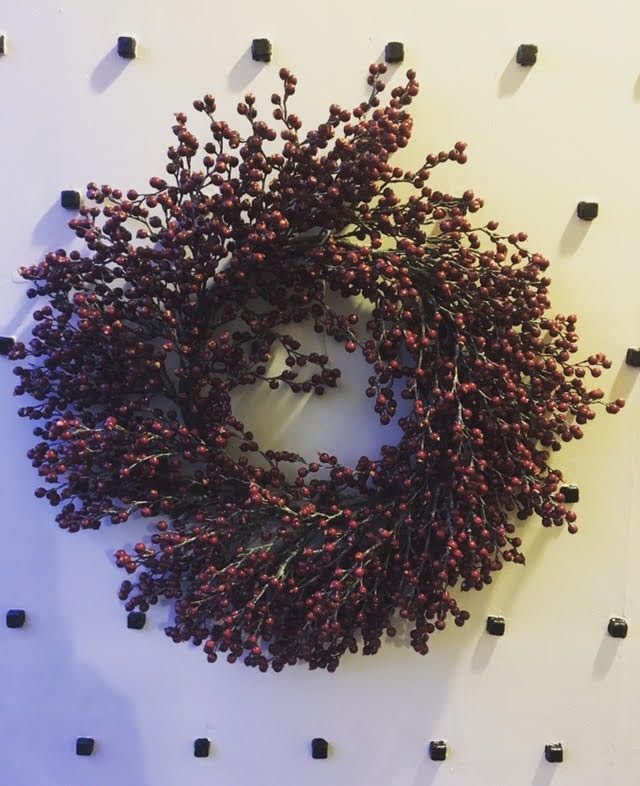‘I don’t have the time, the money, I should be doing other things, it’s self-indulgent, I wouldn’t need this if I had better self-discipline’…. And a hundred other self-flagellating questions and comments…..
This was my monkey-mind response to an advert I saw twelve years ago for a writing retreat.
But I was a whisker away from being completely burnt out, so I went, because I didn’t have the energy not to.
I found the experience transformative and, ever since, I’ve continued to make time and space for this as a practice. Even when time and money are tight, and pressure is high. In fact, particularly at these times.
Why? Because of the words I will get onto a page during the precious, protected hours of the retreat itself, of course.
But from a broader perspective, because like yoga or mindfulness, while there’s benefit in the practice itself, the greater benefits are often ‘off-the-mat’. You can choose to let them permeate the membrane of the retreat and carry through to your everyday life, to be nurtured and cultivated. And that’s profoundly nourishing, not only for your writing life, but for your whole self.
After over a decade of attending writing retreats, here are three key things I’ve learnt along the way.
1. It’s staking a claim to time and space for writing, and that’s more important than you might imagine
If you’re anything like me, if you don’t schedule writing time, the writing doesn’t get done - academic or otherwise. It’s 5:37am as I’m writing this sentence (with a large mug of strong black coffee close at hand), and the only reason that’s possible is because I put ‘write post’ in my diary, and showed up to do it.
But research writing is a sustained effort over the course of years, during which you need to stake the claim to writing time and space over and over again, amidst the (sometimes deafening) clamours of competing claims.
I realised why this matters so much in the second year of my PhD, when I was struggling through what the Thesis Whisperer evocatively calls ‘the Valley of Shit’ and working a full-time teaching post at the same time. I hit a wall and couldn’t get anything written; I felt completely paralysed whenever I sat down at my desk. My wonderful supervisor gently reminded me that ‘we write to think, not after we’ve finished the thinking’. It was an absolute revelation to me.
I wrote it on a piece of bright yellow printer paper, stuck it above my desk in my attic study-bedroom, and promptly sat down to write imperfect, half-formed thoughts. Three years later, when I packed up the room after my viva, it was the last thing I took down; the sticky tape had peeled at the edges, the paper faded by the sun to buttermilk and the ink bleached almost to invisiblity.
I don’t need the paper now because it’s tattooed on my soul:
If you don’t make time to write, you’re not making time to think.
2. It makes a solitary activity social, and somehow, the whole brings out more in individuals
It’s been exhilarating watching the
The Thriving Researcher x Chapelgarth Writing Retreats
take life over the course of June, under Marcella’s stewardship. All five sessions have been overbooked and run long waiting lists, as members of the Thriving Researcher community from Accra, Hong Kong, Cape Town, Leiden, and all across the UK have come together to write.
But participants don’t need to come from that far afield for there to be something magical about a group coming together for that shared purpose of writing. At both ‘in-person’ and 'on-line’ retreats, that sense seems to create a bubble around participants, which empowers them to go a little further, be a little braver, and show up a little more in their writing.
If you’ve ever attended mindfulness or meditation classes, it’s like the difference between practising mindfulness on your own, compared to a class practice. There’s a qualitative difference in my concentration; companionship brings a sense of ease - of getting started, keeping going, and playing with ideas on the page.
As our collaborative retreats have unfolded, research students and early career researchers at all stages of their professional journeys, working on all sorts of writing, and coming from a wide spectrum of disciplines, have found something about the act of writing in company which allows them to nudge their work forward.
3. Consider which wolf you feed: how writing retreats contribute to broader practices of self-care
There’s a parable, attributed to the Cherokee, of a grandfather talking to his grandson, and describing a constant battle inside each person between two wolves: one representing the positive and the other the negative. The grandson asks his grandfather which will win, to which the grandfather replies ‘the wolf you feed’.
The monkey-mind struggle I sketched at the beginning feels like it resonates with this parable because it wasn’t just about the retreat. It was a strand of a much bigger struggle between the wolves of self-care and ‘just keep pushing’. I know from our Thriving Researcher community, that this is all too common a struggle for many research students.
I was a full-time doctoral student, self-funding, and working a full-time lectureship which involved extensive long-haul travel (far less glamorous than it sounds) and staggering amounts of marking. My self-talk was always along the lines of ‘if you really want this doctorate you just have to do more, work harder, start earlier, be more efficient’.
For a long time, the ‘push harder’ wolf had the upper hand, but my first writing retreat marked a turning point, and now, most of the time, the self-care wolf wins the day. Maintaining the principle of retreating is a key resource for me in securing this outcome.
Over the course of twelve years of retreating, I’ve written reams, thought big (and little) thoughts, made new friends, visited new places, and been inspired and energised by the glimpses I’ve had into other people’s work and lives.
I hope you have the opportunity to give it a try sometime - either online or in person - and you find it a positive contribution to your own writing practice and self-care.
If you’re a PhD student or early career researcher, connect with us over at The Thriving Researcher (www.thethrivingreseracher.uk) for events, resources and support.
